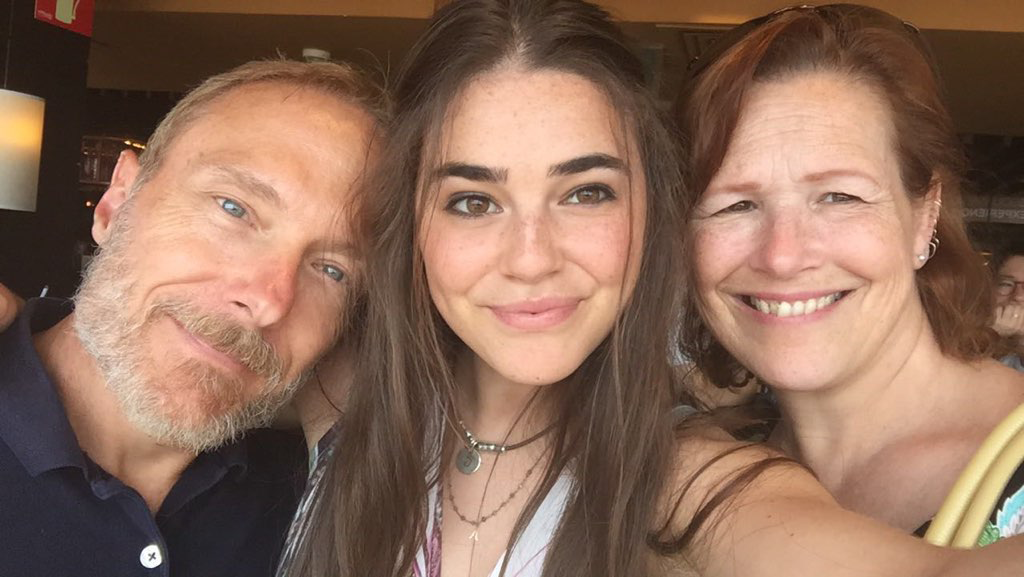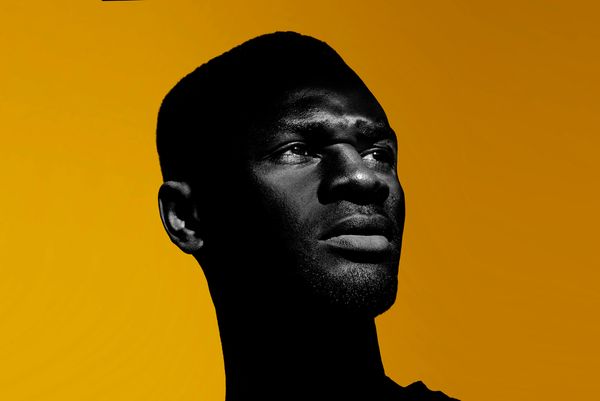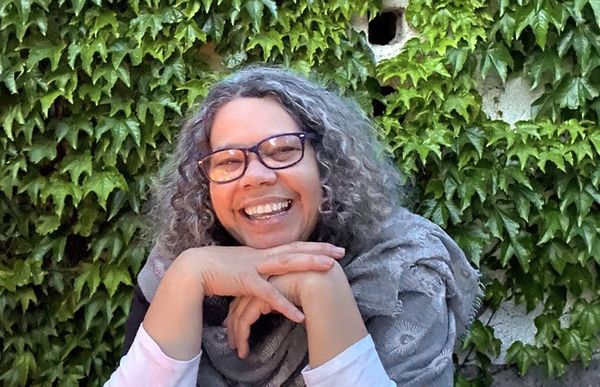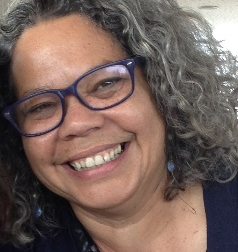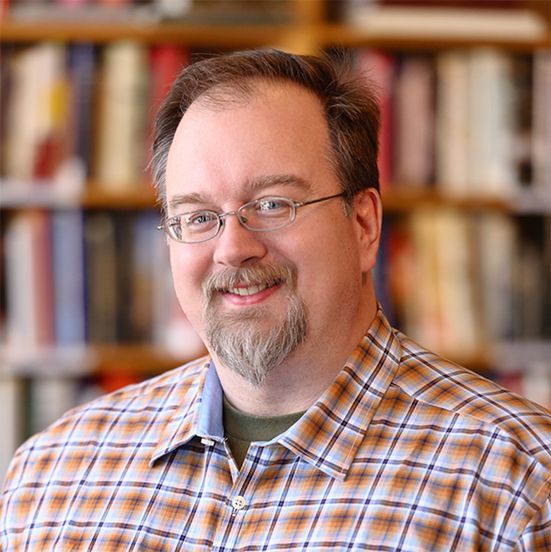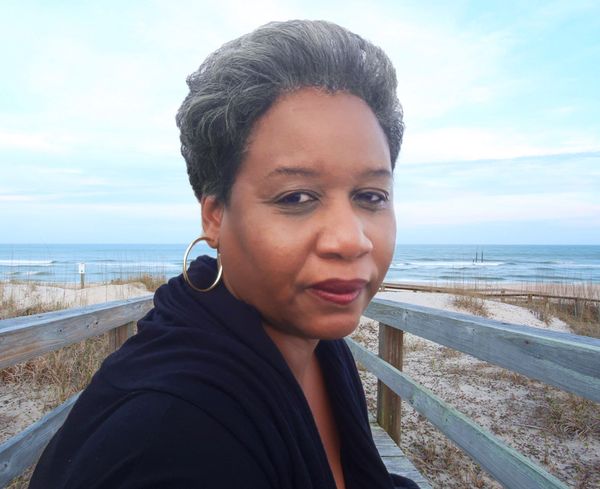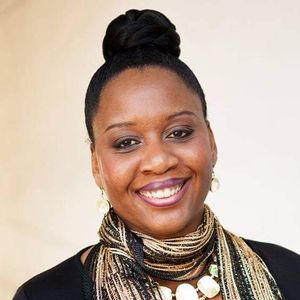Letter from the Editor:
Seasons of Love

💛 Hey {first_name, "there"},
The other day my wife and I were watching “Tick! Tick! BOOM!” the musical autobiography of Jonathan Larson, the creator of RENT. Even if you’re not familiar with that show, you can probably still sing along with “Seasons of Love,” its most famous song, “525,600 minutes, 525,000 moments so dear. 525,600 minutes—how do you measure, measure a year?”
We can measure our years by the markings on the calendar: days, weekends, vacations. And we call out holidays, those times when we make special remembrance of an event. We want to meet with others in special moments. After all, who wants to be alone on their birthday? We all need these days as reminders of those whom we love and even those who love us.
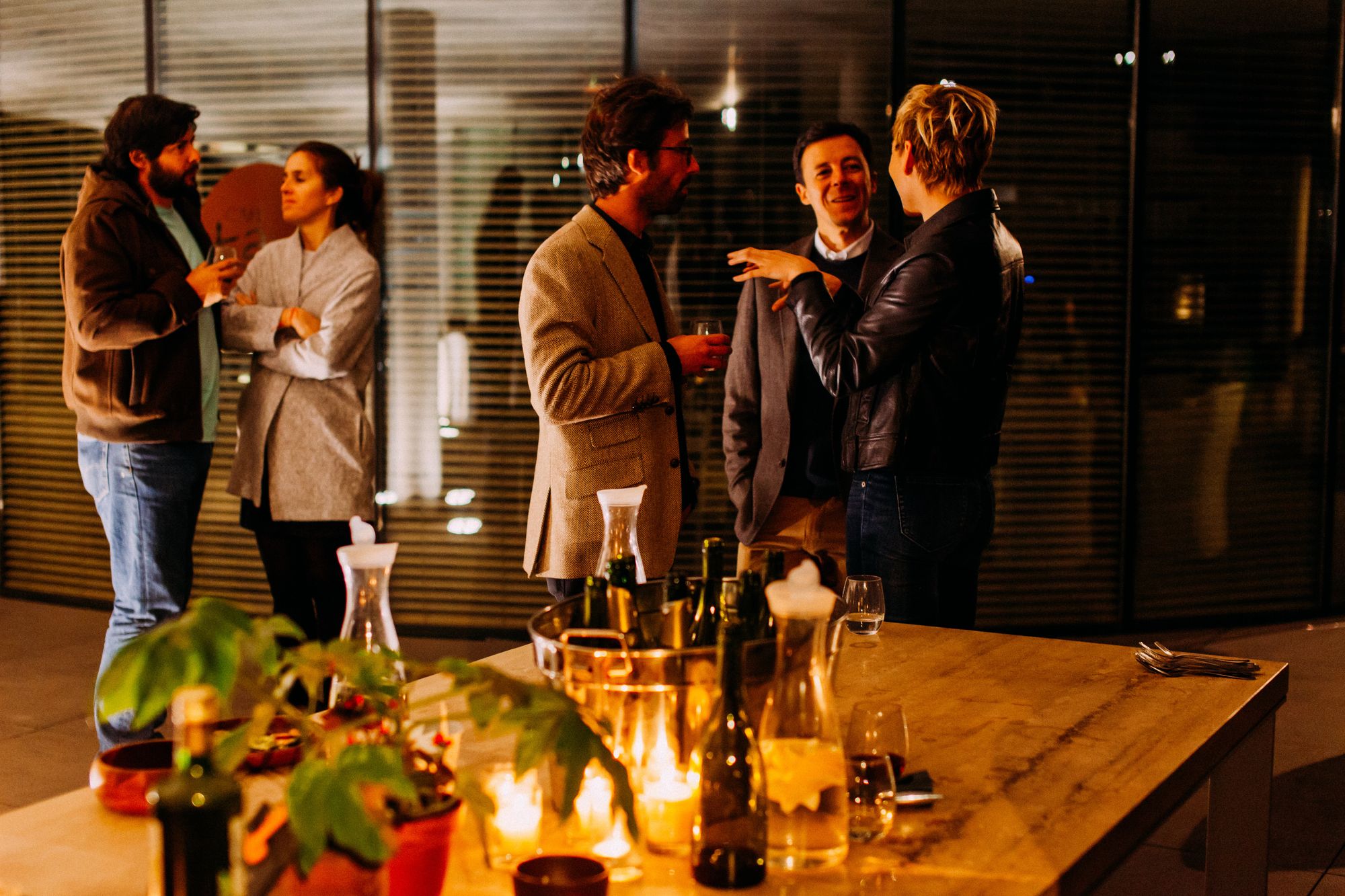
For some of us, holidays are events that we look forward to. For example, we’re planning on hosting our grown children this December, and are already considering the menu and the activities while they’re here. There will be special foods, entertainment provided by each of us from our own talents, the exchange of gifts, and in general we’ll just take the time to be with the people we love the most.
For some of us, though, holidays can bring up unpleasant memories. Perhaps it’s the time when we discovered how little our relatives knew us or loved us. Perhaps it’s the coincidence of a tragic event that occurred during the holidays. And some holidays remind us of a distorted past that should be remembered in repentance and not celebration. We can have complicated feelings when these holidays approach.

Yes, the preparations can be stressful. Yes, we can exhaust ourselves by attempting to do too much, or by our time, or just by not letting ourselves enjoy what is happening in the moment because we are thinking about the next moment. And maybe we find ourselves in the middle of the celebration and wondering what it’s all for. Stressed out, tired, exasperated—when does the joy start for us?
Still, we want to have these moments when we celebrate by being together. We want to cook or serve or just eat the special foods that remind us of love and happiness. We want to set out the decorations that we’ve gathered over the years, some that remind us of a particular event, some that are just there for beauty. We like the music and the aromas and the lights and the decorations because they make us feel that something good is coming.
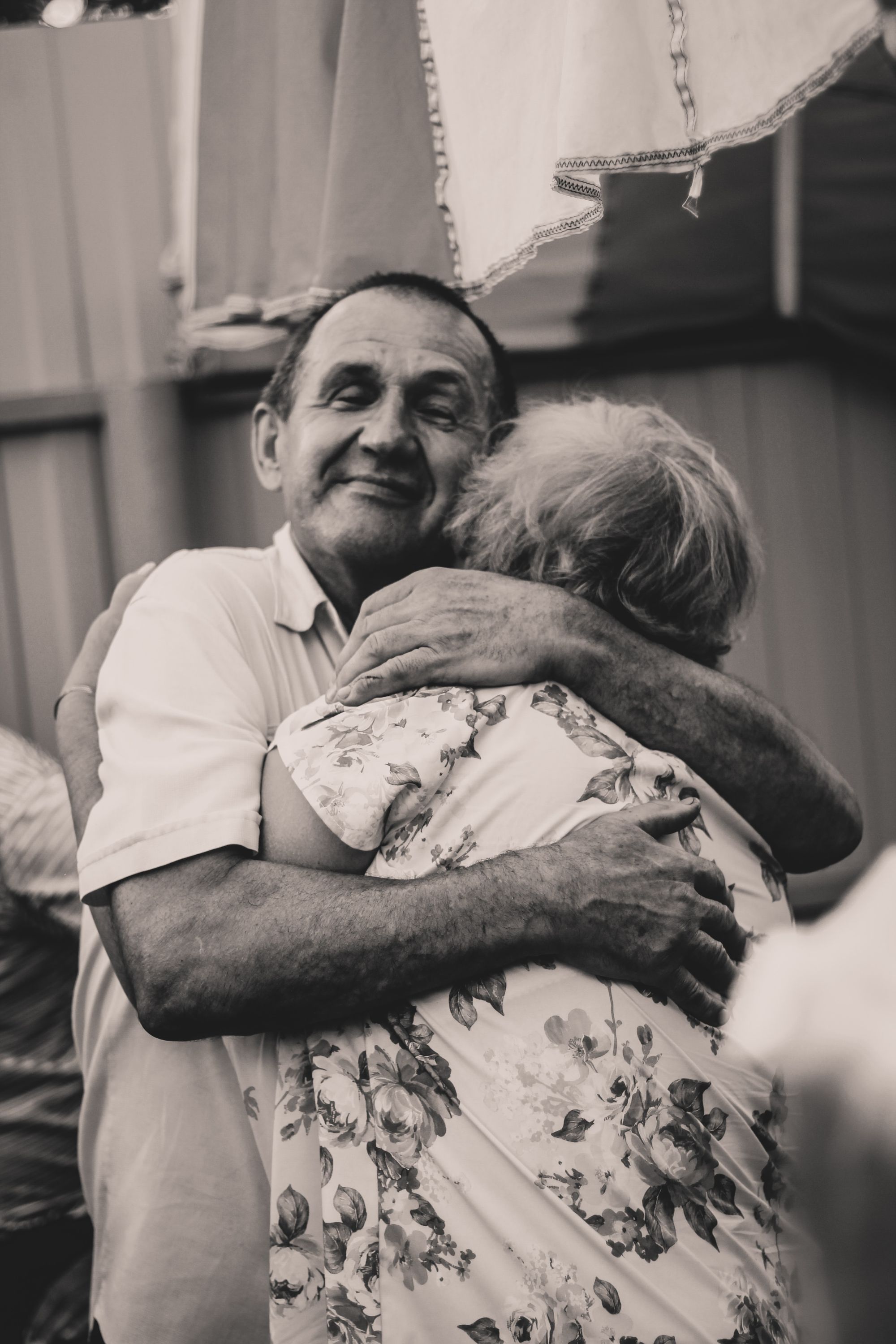

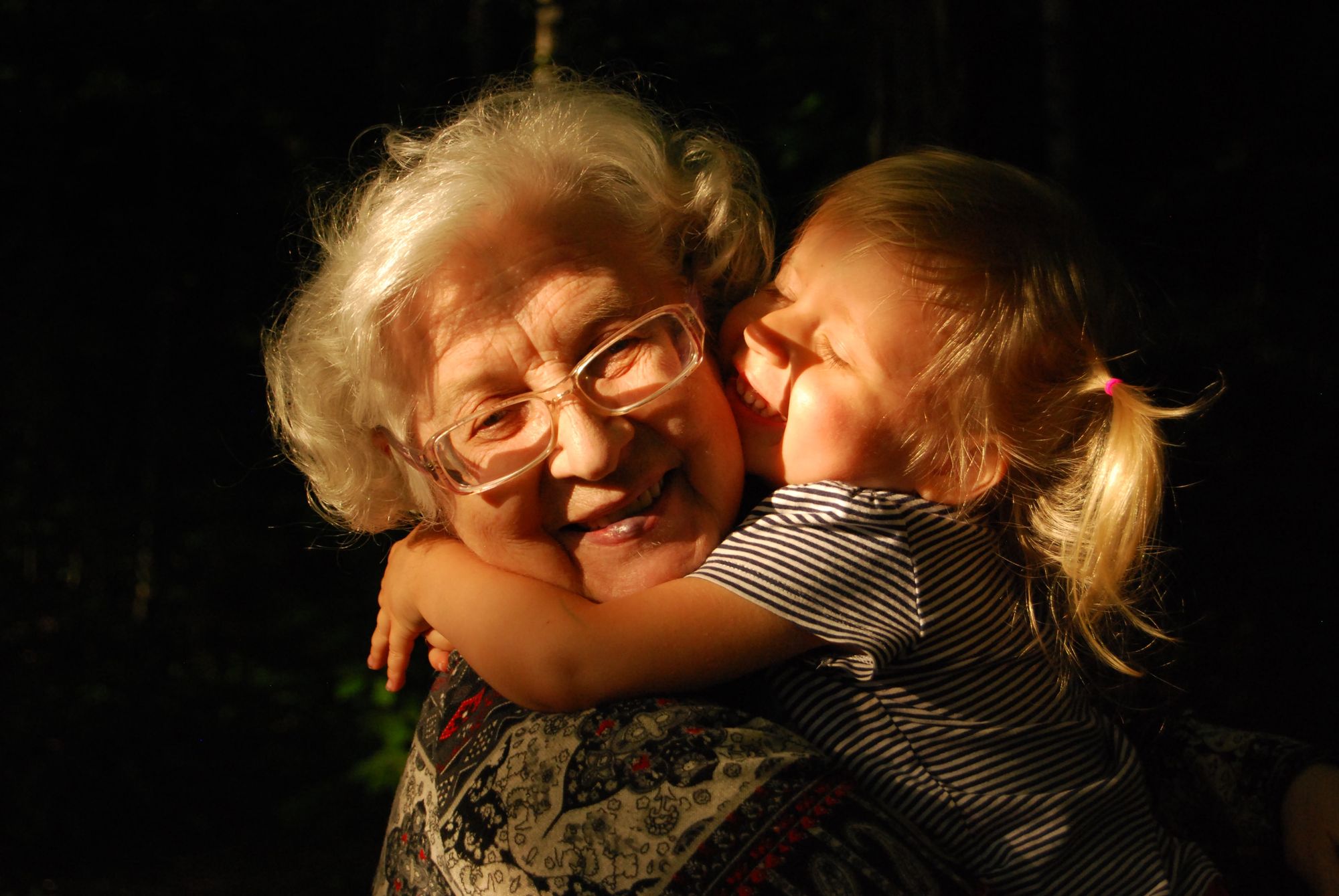
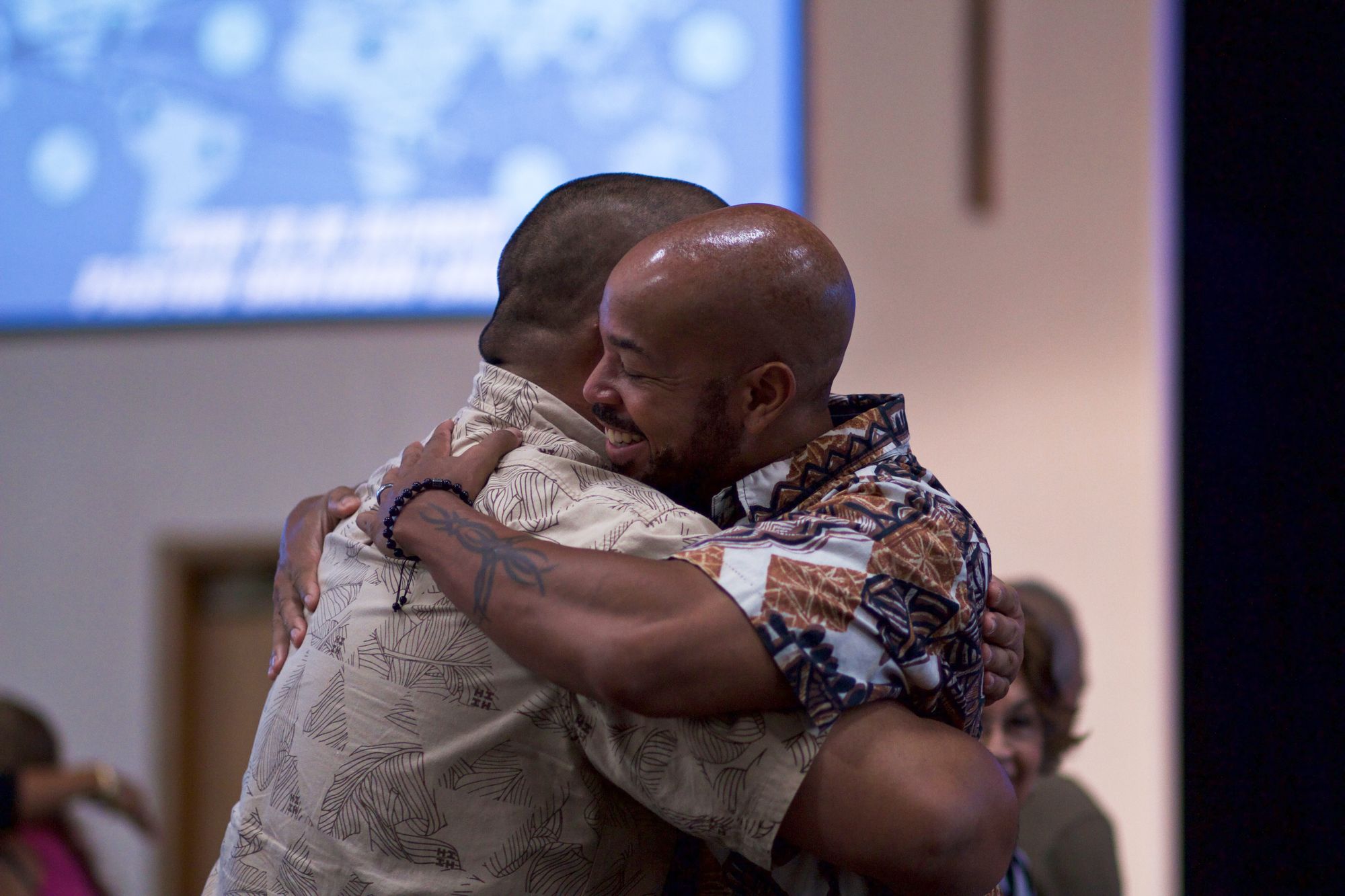
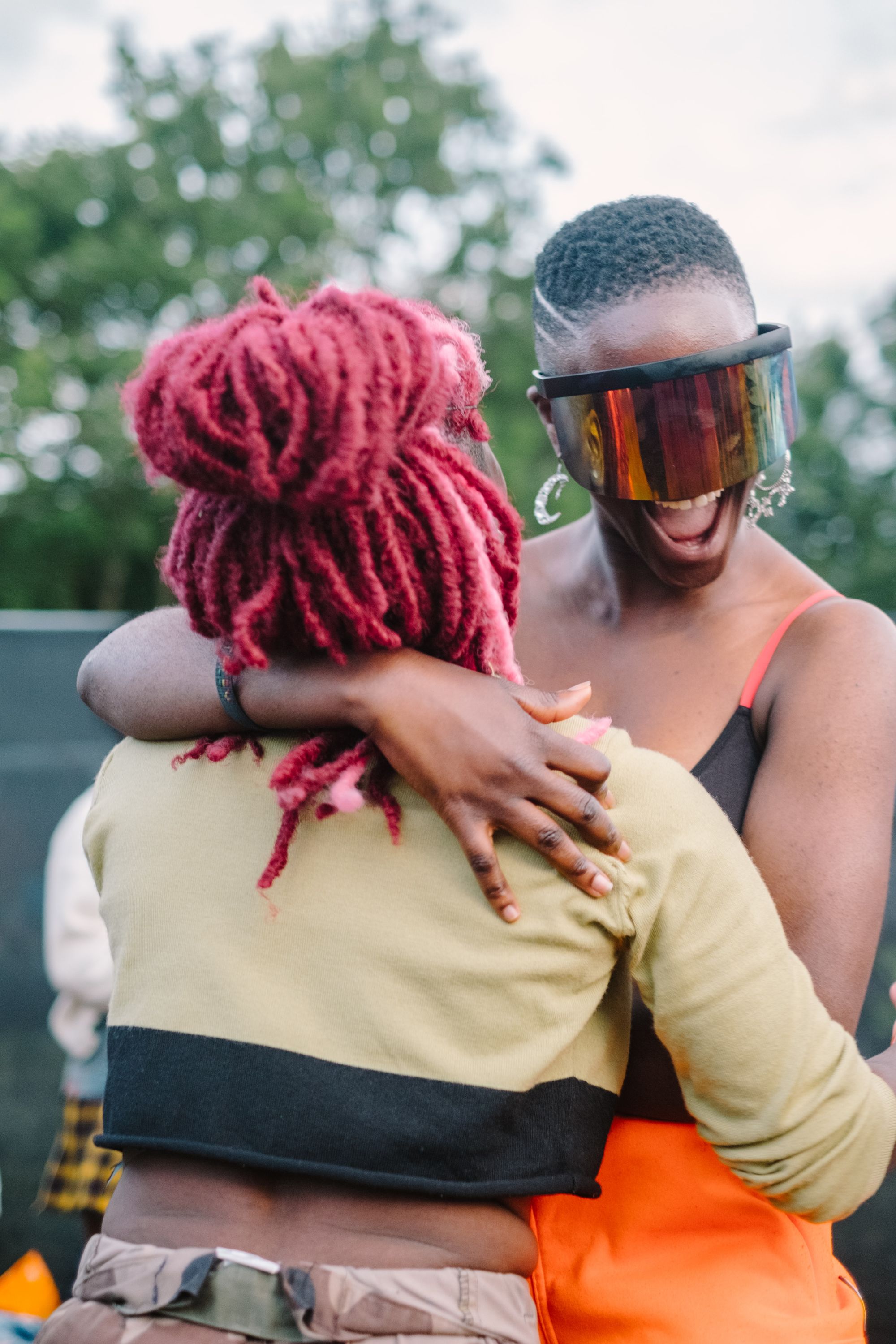

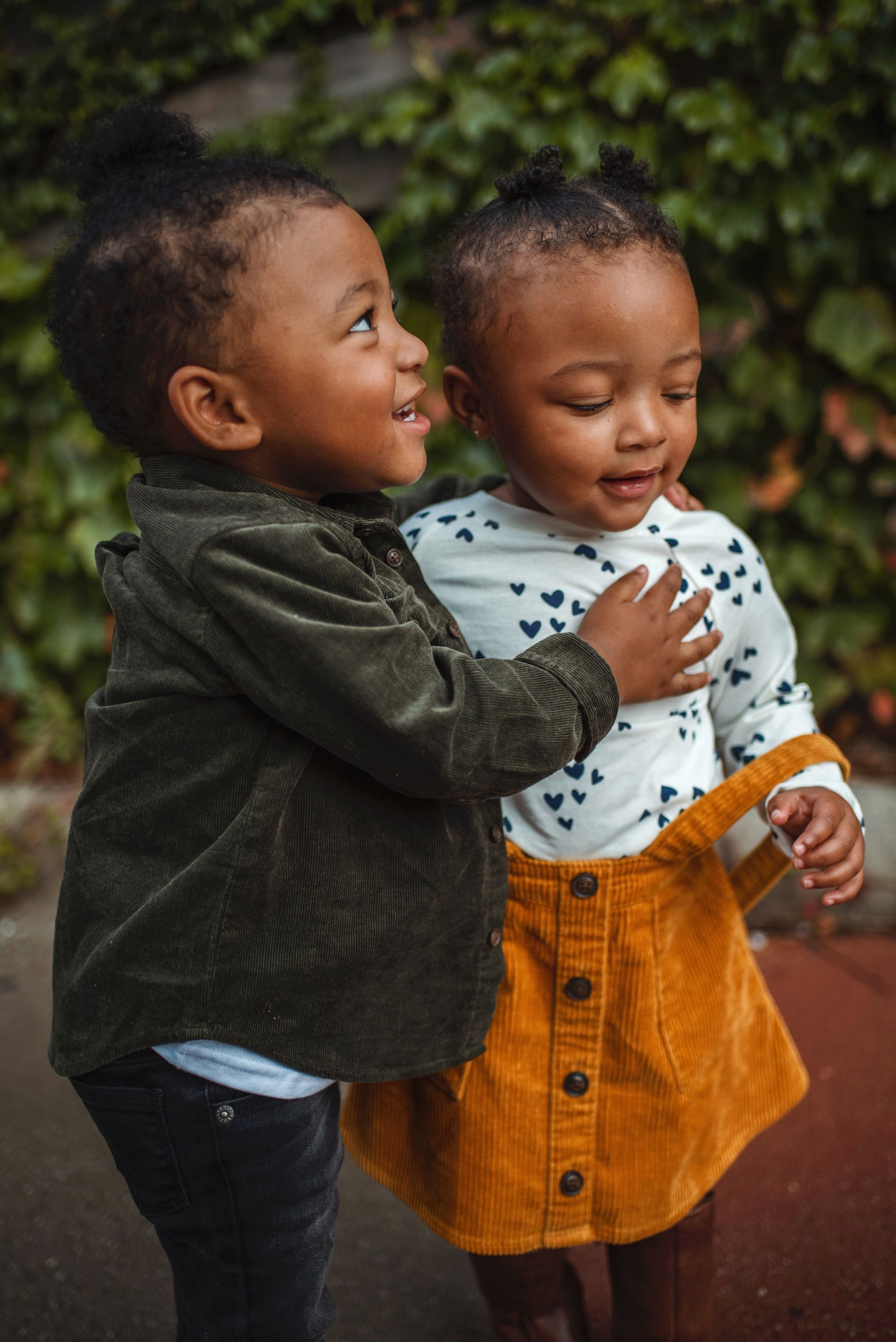


Perhaps the joy comes as we are mindful of the why of the holiday—that we are going to gather together to be with our loved ones—that we are also committed to the how of the holiday. So when you celebrate—if you celebrate—be present. Listen and participate. Enjoy that you are with other people. Be present in the moment and not just in the build up to the moment. And be mindful of those for whom the holidays are not a welcomed memory.
For whatever the celebration is about, take the time to live in the moments that make up this season of love.
Stephen Matlock
Our Human Family, Senior Editor
The Sherry Kappel Interview
In this week’s ”OHF Family Tree” interview: OHF Managing Editor Sherry Kappel gives us the skinny on her deep appreciation of Black literature, the ways power brokers use race as a diversionary tactic, and her epiphany that all white people are racists.
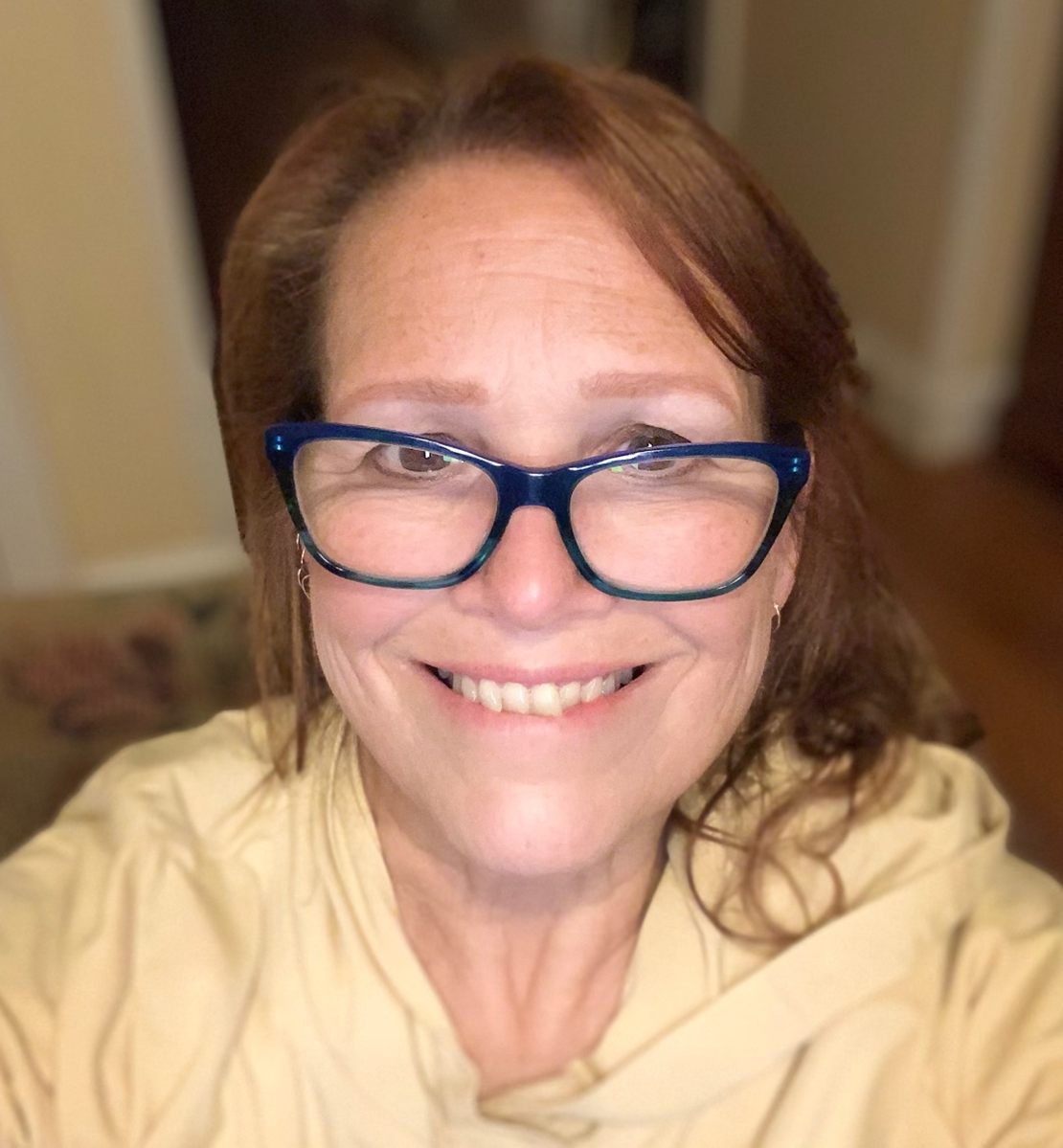
OHF Weekly In four sentences, how would you tell us you're on Team Racial Equity without saying you're on Team Racial Equity?
Sherry Kappel I’m a big proponent of the idea that a stranger is a friend you haven’t met yet. I love traveling because I adore the diversity that is humanity across other cultures and geographies, or even the diversity that happens from one family member to the next. In my experience, the color of one’s skin has never made anyone innately better or worse in any way, it’s just one more interesting facet to appreciate. Because I tend to be very empathetic, though, the whole idea of treating someone as “less than” simply as some form of power grab or ego boost is heartbreaking and intolerable.
OHF Weekly What was the moment you decided to write and publish your works for the world to read?
Sherry I don’t know that I ever made a conscious decision to “write and publish.” Writing is and always has been a part of who I am, from the time I was a small child scribbling rhymes in my room.
In school, I was pushed toward math and science because I was good at them and they tend to lead to more lucrative careers. One day it occurred to me that I didn’t actually like them; when my counselor asked what I’d rather do instead, I responded without even thinking, “I like to write!” Although I’ve spent most of my life writing for others (i.e., marketing and advertising) to make a living, going to grad school for a master’s degree in fiction writing was one of the best times of my life. I not only got to spend most of my time doing what I love, but also reading a wide array of excellent authors, hanging out with other inquisitive minds, really learning to think critically, and teaching young minds to think, as well.

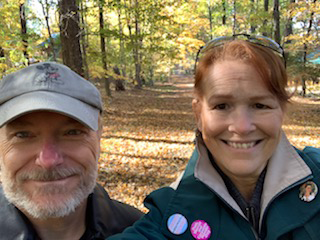
Also in grad school, I took numerous classes in Black literature that both made me fall in love with the culture and more fully understand the depth and breadth of centuries of mistreatment. Although I’d always been a social justice warrior, studying everything in context made all of the pieces fall into place and cemented oppression as a big part of what drives me to write.
After I finished school I had children fairly quickly, worked full time, and had very little time to write, but discovered Medium just as my kids were developing their independence. I was hesitant at first after such a long hiatus, but when I did it was like realizing that I’d been holding my breath for almost two decades. And once again I gravitated toward Black authors and work by other oppressed groups, causing me to turn my focus toward writing social essays for the first time.
Sherry Damn good question—if I had the answer to that, maybe I could do a better job of effecting change! I think there are a whole lot of greedy, powerful, amoral white people at the top who might or might not actually be racist, but they understand that keeping the masses focused on race is a really good way to distract them from the reality that those same people at the top are robbing them blind and don’t actually give a damn about them.
These power brokers, as it were, have also done a pretty good job of weaving together a narrative over the centuries that explains away all the cries of inequity and demands for justice from the Black community. Although there are some big holes in their story, most people are not critical thinkers and they’ve been trained to accept whatever someone in authority feeds to them. Then, because we’re still so segregated in our neighborhoods, schools, and workplaces, most of what the average white person knows about Black people is from the same media that helped to create the faulty narrative in the first place.
I’d say that my biggest epiphany, and the biggest epiphany all white people need to have and accept, is the fact that we’re all racist.
It’s incredibly frustrating to know quite a few white people who are basically decent human beings who would never intentionally do anything to harm someone, and who, yes—have that “one Black friend”—but are essentially too intellectually incapable or just plain lazy to pick apart the inconsistencies in their world view. And there are certainly enough of us who get it that it isn’t that difficult to figure out. I’m sure there are also too many of us who get it yet give the others a pass; it is, I guess, much easier for most of us to seethe in silence than tell Uncle Steve what a racist he is.
OHF Weekly To write about racism, racial inequity, oppression, and the like, writers have to dig deep into a disconcerting reality, sometimes that involves self-examination. What’s been your most revealing article and why?
Sherry Hmm. I haven’t lived the Black experience, of course, but I’ve been working at this race and racism thing so long that there aren't many big surprises left. I still learn stuff all the time, but it’s generally more nuanced. For example, I have a pretty good understanding of systemic racism, but most of us white folks are fairly clueless about a wealth of everyday words we use all the time that originate from the days of enslavement. I’ve been in the habit of calling all my friends “girl” and “boy” as a term of endearment and was surprised when Clay said, “Um, no–not Black men.” I’d say that my biggest epiphany, and the biggest epiphany all white people need to have and accept, is the fact that we’re all racist. It’s just such a vile concept that even a lot of the most hardcore racists among us can’t admit it to ourselves, but it’s true—we simply cannot live in such a racist society and not have some level of bias.
This doesn’t automatically make someone a horrible person, but it does mean that we need to acknowledge it and work on it to ever be a better person. And if we ignore it, we stagnate as human beings—obviously racism hurts People of Color the most, but it hurts all of us. It’s also very freeing in a way to let go of our egos and accept that we carry these biases; it opens us up to a whole new level of learning.
I guess if I had to pick one article that was the most disconcerting, it was writing about the white feminist movement in “What’s Wrong with White Feminism?” for OHF Magazine and how the movement has literally blocked out Black oppression so many times over the years. I have always self-defined as a feminist and made the assumption that, as a group that has also been oppressed, a lot of us would have more empathy for a group that’s had it far worse. I mean, I understood that we weren’t perfect, but I didn’t understand the magnitude of our selfishness. Humanity has a long way to go!
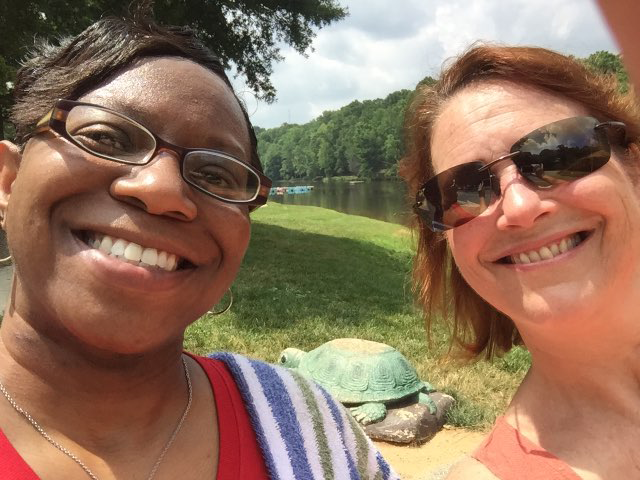
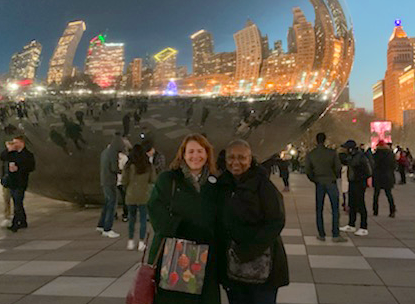
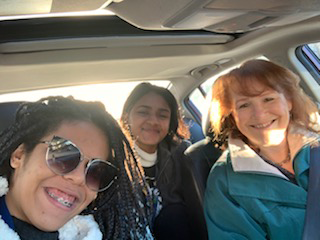
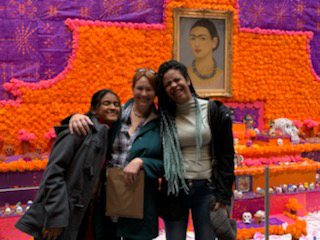
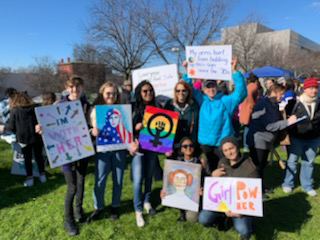
OHF Weekly What is the one thing, one principle, you’d like for your readers to take with them from your body of work on racial equity and why?
Sherry There’s a different answer for Black vs. white readers. For white people, I’d like to say that working on your own racism and trying to improve our society is a critical and incredibly rewarding journey. You might feel bad or guilty at times, but none of us is perfect; it’s still worth the effort and you’ll meet so many amazing people along the way.
To my Black friends and readers, thank you. I appreciate all the patience you’ve shown and your willingness to work with me and teach me when I get it wrong. Know that I’m trying. I understand that most or all of you have been burned by “that white friend” at least once, and I can only strive to do my best.
OHF Weekly With all that’s going on in the world, why do you still write about racial equity, allyship, and inclusion?
Sherry I would really rather write about almost anything else! But I know that all of the OHF Weekly writers have a billion stories you’d rather be writing, as well. Most Black people probably don’t feel like they have a choice, given the lot they’ve been cast. The onus is on us white folks, though. We created the problem, we’ve perpetuated it for far too long, it’s the most prevalent issue we face, and we’re really the only ones who can fix it. So, we all persevere.
OHF Weekly Sherry, thanks for your time.
Sherry You’re welcome! This is such an interesting and informative series.
Photos courtesy of Sherry Kappel.
Sherry Kappel’s Short List and Then Some
Want to read more works by OHF Weekly Managing Editor Sherry Kappel? We’ve got you covered. Here are three of our favorite articles.
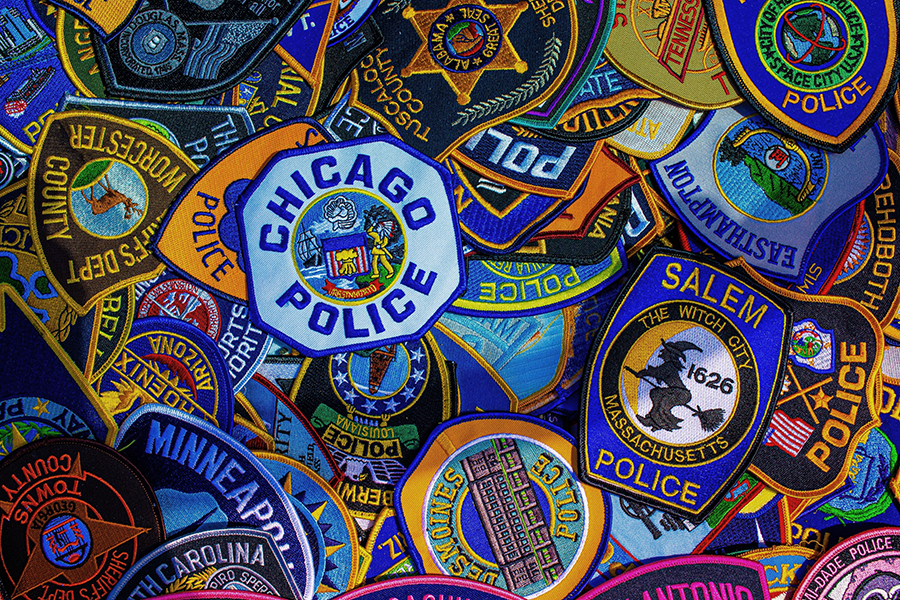
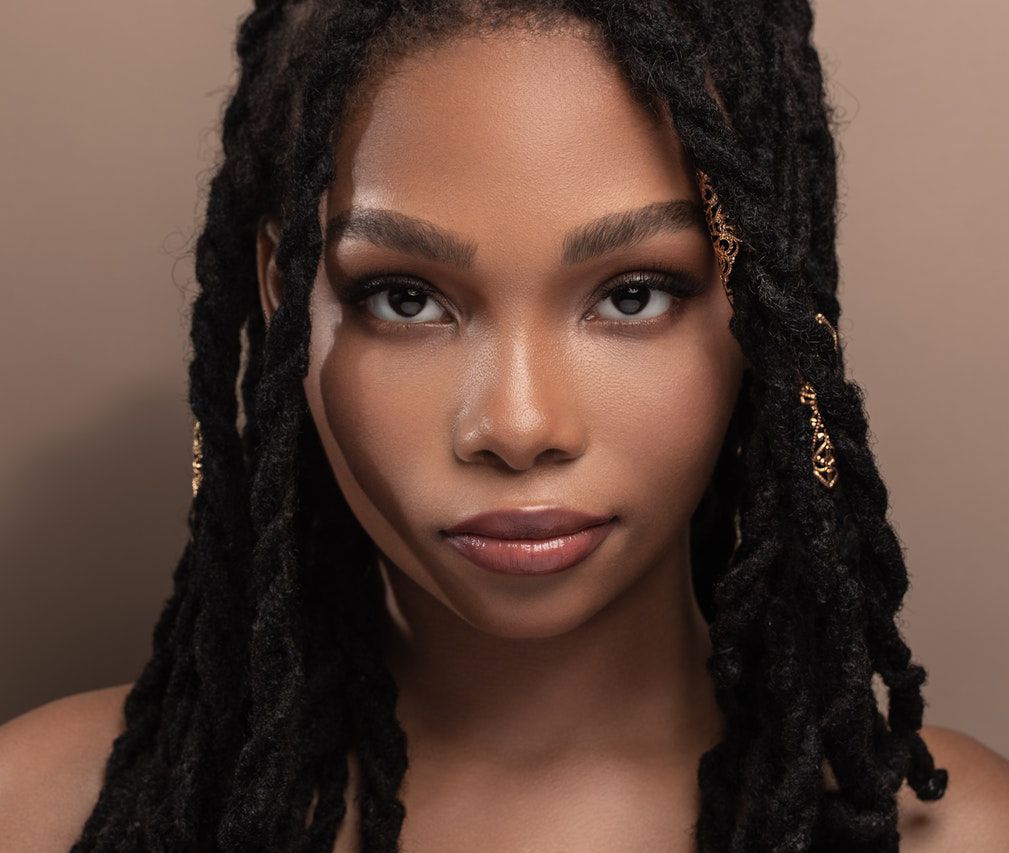

Did you know Sherry’s a renowned poet? She is! She’s also curated our annual poetry series Equal People 2021 and Equal People 2020.
New This Week

Subscribe to OHF Weekly

Subscribe for free email delivery of OHF Weekly and articles. In the new “OHF Family Tree” series, OHF Weekly presents profiles on the writers and articles that have established us as a valuable and accessible resource for people interested in racial equity, allyship, and inclusion. Don’t miss out. Subscribe now!
Join #GivingTuesday’s Global Generosity

The holiday season for many of us can be full of joy and happiness as we focus on family, friends, and our plans to give.
We hope you consider supporting OHF Weekly by making a tax-deductible donation to Our Human Family, a registered 501(c)(3) charitable organization, as part of your seasonal giving. We’re honored to bring you transformative stories on racial equity, allyship, and inclusion and look forward to being there for you in the coming year.
As we reflect upon how we’ve grown with you in the past year, we ask that you remember the moments you’ve been uplifted, challenged, gained new insights into today’s issues, or obtained an increased appreciation for more people in our human family.
Please consider being a part of this global day of giving with a tax-deductible contribution to Our Human Family on Tuesday, November 30! No gift is too small. We have so many more things we want to do in the coming year, in addition to our online publication and social media presence. With your help, we can do even more to bring a deeper understanding and the tools to facilitate allyship to a much broader audience. Please donate today. We cannot continue this work without your support.
Thank you in advance for your financial contribution.
Love one another,
The Board of Directors and Editors of Our Human Family and OHF Weekly
Final Thoughts
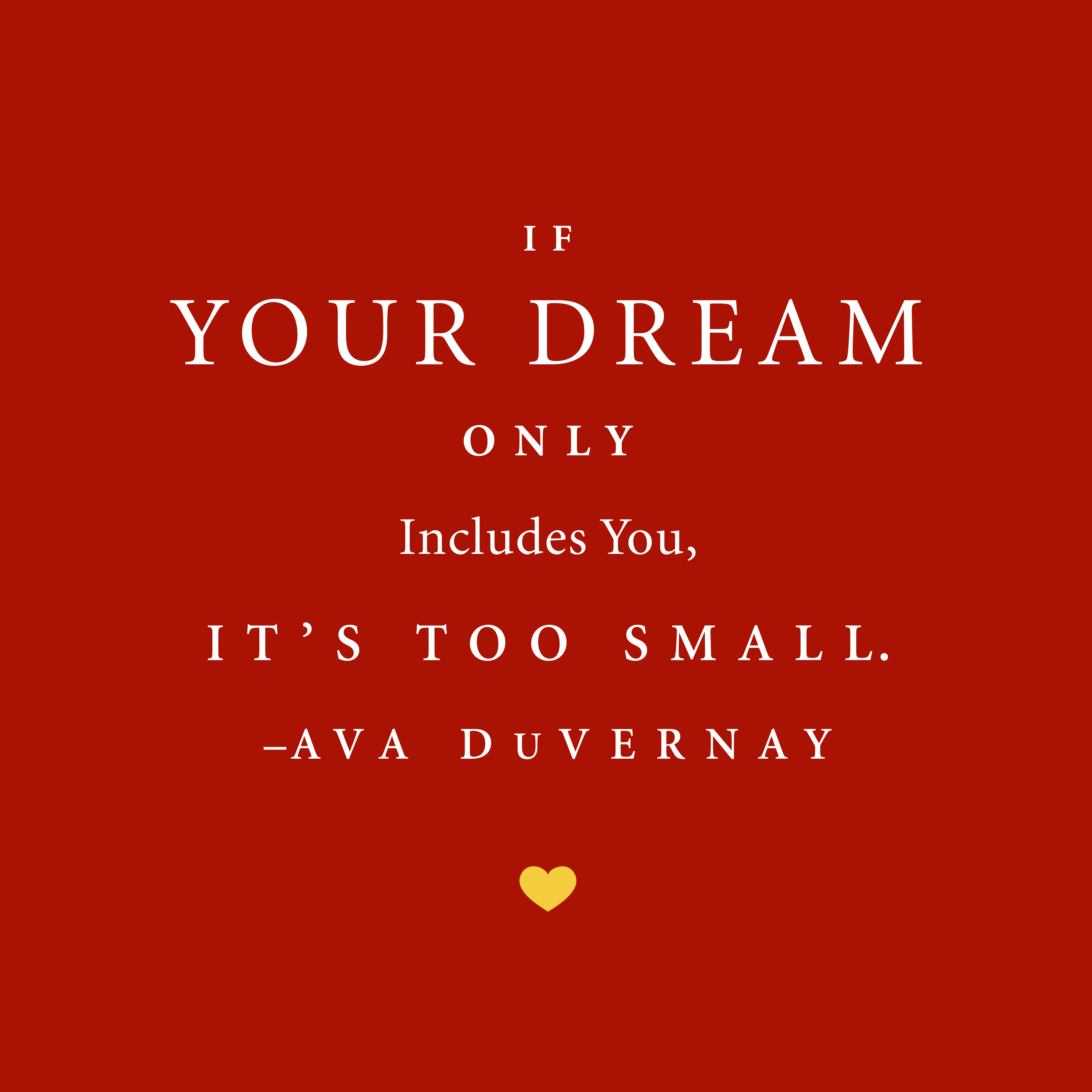
Love one another.
Top photo: OHF Managing Editor Sherry Kappel, her “exchange” daughter Lara, and her husband on a recent trip to Madrid. Photo courtesy of Sherry Kappel.



